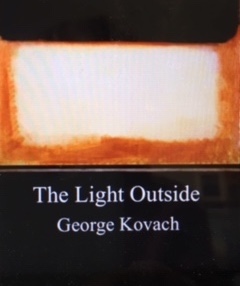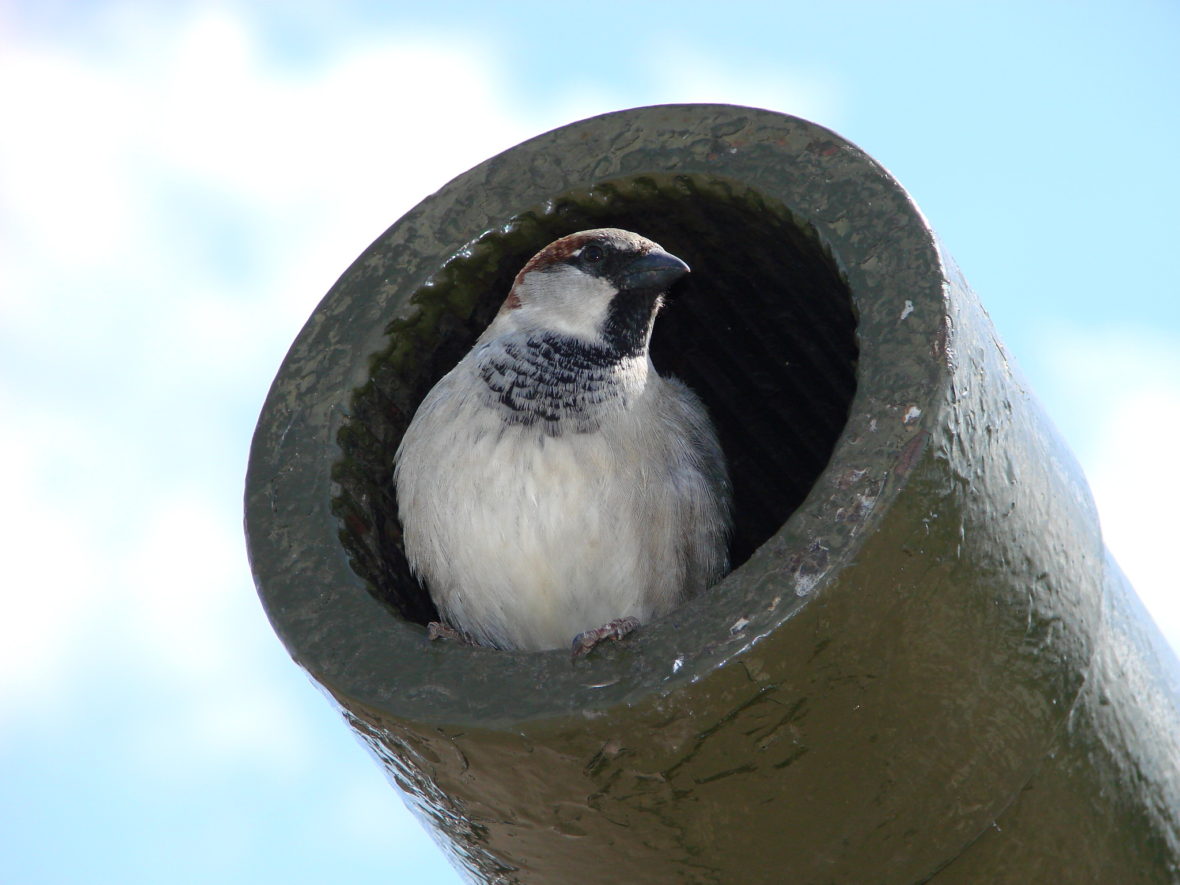On January 14 George Kovach sent an email to his friends and colleagues announcing that he had been diagnosed with stage 4 pancreatic cancer and had chosen to receive palliative care. I was shaken with grief—and disbelief. Wasn’t he putting the latest issue of Consequence to bed? Hadn’t I hugged George at Arrowsmith Press’s December book launch for The Light Outside? That afternoon the light illuminated a hall crowded with friends, well-wishers, and fellow writers who listened with pleasure to George’s humane, beautifully wrought poems. George could take an incident like forcing open an attic window that he’d painted shut and shape it to a metaphor for human fallibility, and to a test of compassion for a trapped wasp. His voice was that of a man examining life to see how he’d met his own standards of empathy, attention, and love. Those who knew him understood that he’d managed it with grace.
A Vietnam vet, George began his career as a poet by attending the summer writers’ workshop at the William Joiner Institute for the Study of War and Social Consequences at UMass Boston. After graduating from the MA program, he joined UMass Boston’s first MFA class. I taught him in workshops—he was an astute and generous reader—and signed his thesis. I also oversaw his work for an internship program at the Brockton Veterans Center where he developed his own poetry class, leading veterans from the Iraq and Vietnam wars, as well as those counseled for substance abuse, in reading and writing poetry related to combat. After the internship ended, he stayed on as a volunteer.
well as those counseled for substance abuse, in reading and writing poetry related to combat. After the internship ended, he stayed on as a volunteer.
It was Askold Melnyczuk’s class on literary editing that brought him to create Consequence. What started as a class project became a premier international magazine, listed by the professional literary service Reedsy as one of the best literary journals of 2019 (that issue included an interview with Man Booker Prize winner Olga Tokarczhk, poems by Bruce Weigl, and an anthology of Iraqi and Kurdish poets edited by Brian Turner). George never swerved from his devotion to voices seeking social justice, and his curiosity about where to find them enhanced Consequence’s every page.
I have always believed with Keats that the world is a vale of soul-making, and what we bequeath after life is what our soul has made. George’s made a poetry of engaged sympathy and mindful awareness. He made a world forum for those witnessing the terrors of war. He created camaraderie among friends and associate editors, contributors and readers. His tenderness toward family I knew from what I saw and what he wrote. I’ll miss him in a million ways.
Here’s a poem of George’s from The Light Outside that he worked on as an MA student, then included in his MFA portfolio. It marks George’s concern with human misdirection, the power of the unseen, and the way sound, in the sea as in poetry, perseveres.
Soundings
Faces gray as the sea, the tourists
brace for the yaw, focus on a monochrome horizon.
They toggle in Dramamine equilibrium
between alarm and regret. Doubts rise with each wave.
Cameras capped against the spray, hang from hands
and necks, sway against the pitch.
When the largo roll of dorsal rises
between waves, alone, it breathes to no one.
The whale moves and time seems to pause
like an eye adjusting to the dark. And then
the waves move; and then the boat moves.
Now we’re moving, spilling to the rail, aiming
Lenses at the white foam where it spumed.
Gone now. We grip and wait, expecting it to surface.
Minutes measure the wide circumference of our course
that only the crew sees, their eyes seasoned from sun
and wind. This day to them is only tides, hours logged,
the certainty of fog closing in. Only they notice windward
the indifferent flukes breaching, curling in on themselves.
But we’re looking behind,
to where we thought we were. In time
some fidget and complain and walk a rolling tightrope
back to the bulkhead’s welded windscreen.
The engine’s churning screw roils the water
with diesel. Our hollow metal hull resonates.
Out of view, sounds
deeper than light penetrate.
